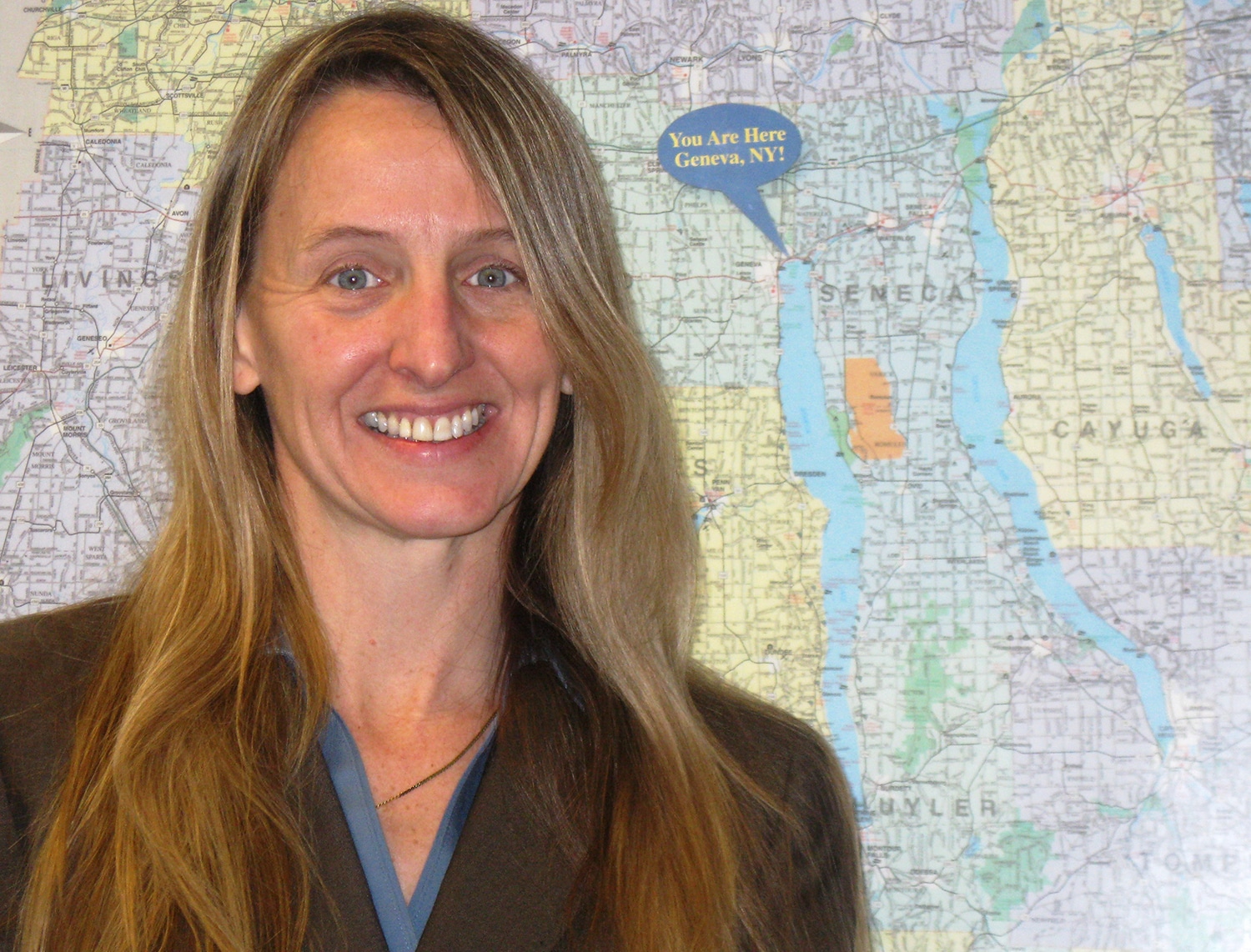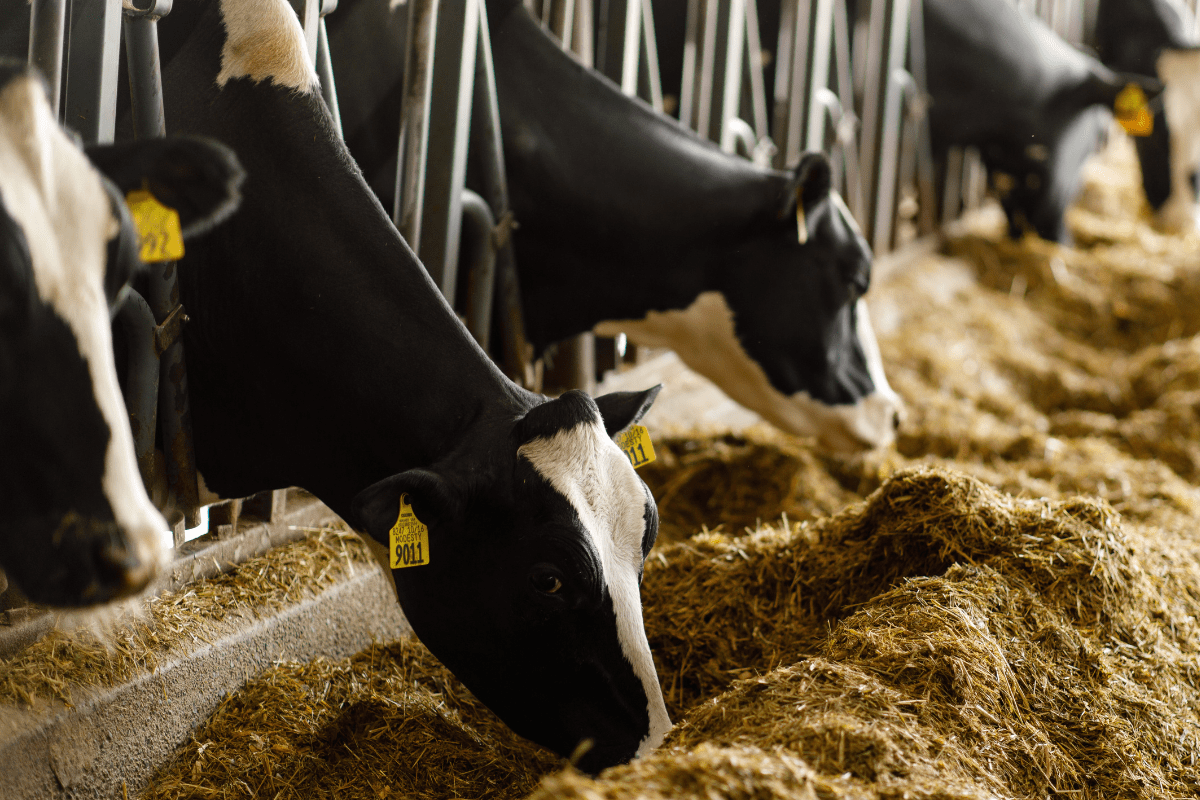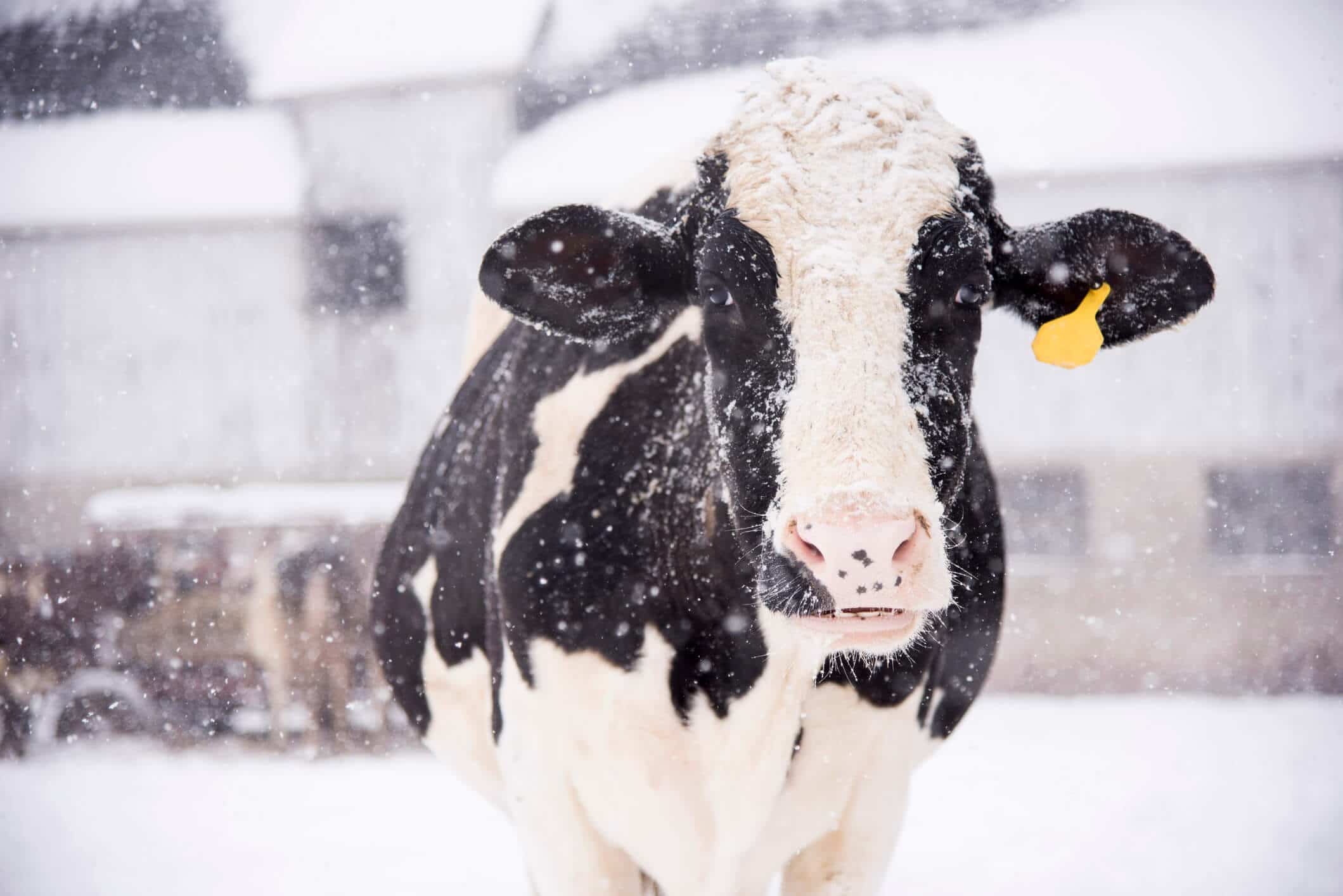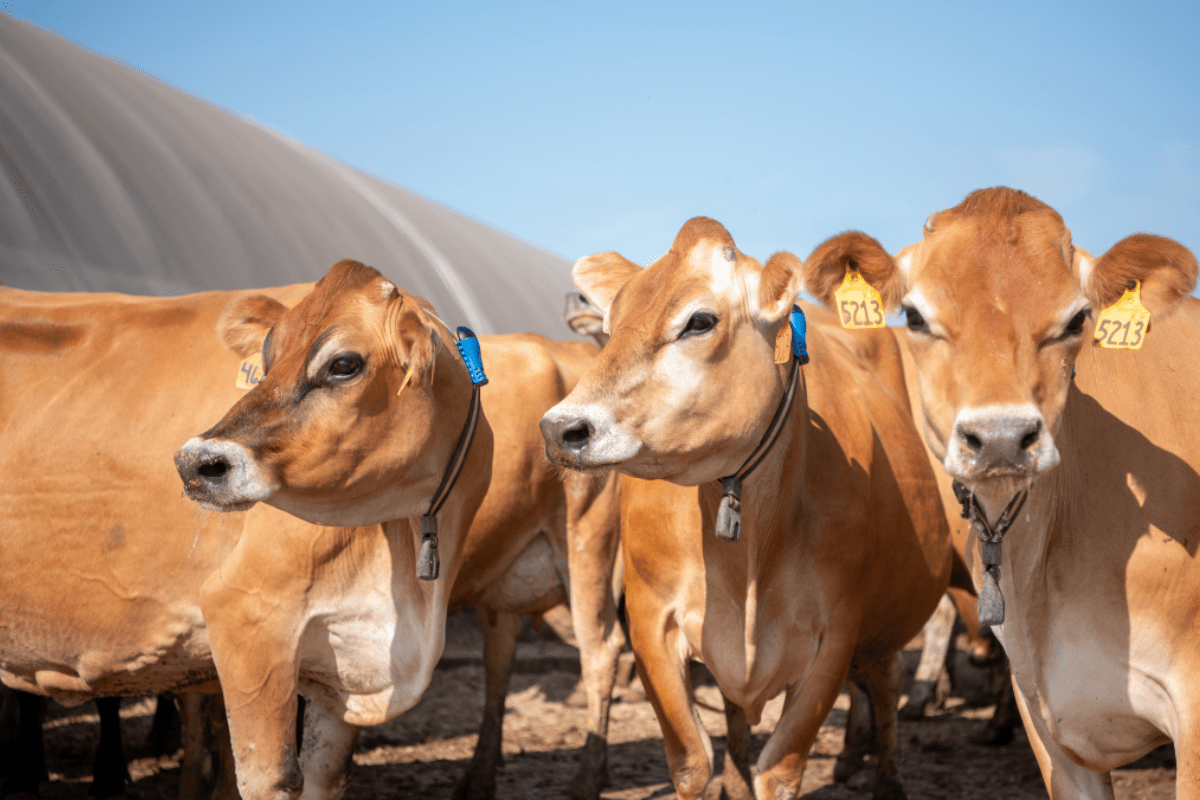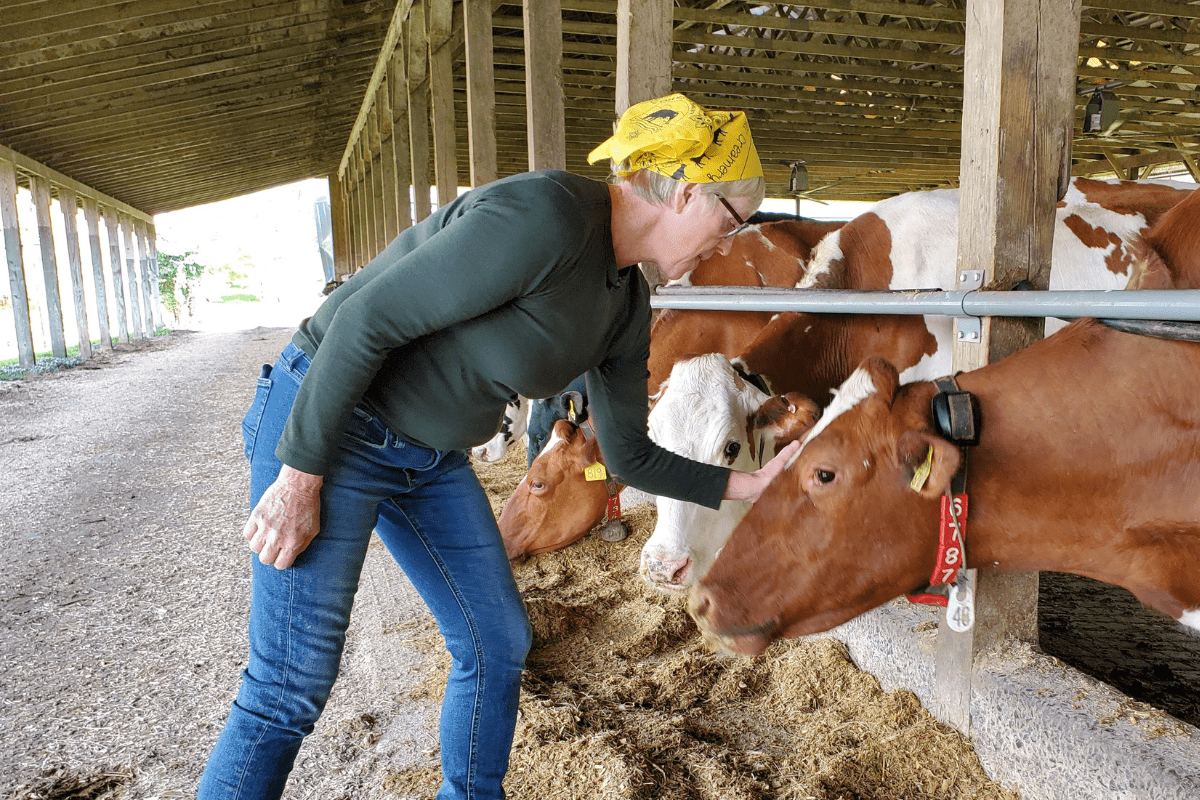The role of women dairy farmers has continued to evolve over the years and dairy farmer women are not only more involved in the day-to-day operations, but also responsible for running the farm.
At Murcrest Farms, LLC, Peggy Murray wears any number of hats on a given day. Murray used to milk cows and feed calves, but now she is the farm’s financial manager, handles human resources and legal concerns, is the groundskeeper, and more. While many of those roles are behind-the-scenes to make sure everything is running smoothly, the managing of employees and on-boarding new hires is essential to making sure employees get trained on the best techniques to do their jobs. This is key to ensuring the highest level of cow care for the animals across the various farm areas or work teams.
Love and fate brought Murray to the dairy farm. “It’s where I was really meant to be,” says Murray. She didn’t grow up on a farm, but rather married into it. Murray says she “can’t imagine doing anything else.” She joined her husband and in-laws in the farm business in 1979, when the farm had about 180 cows. While her in-laws retired in 1998, Murray remembered how they trusted her and brought her into the dairy farm business. She learned the ropes, on- and off-farm, and she wanted that for her son, Mark, and his wife, Sara, when she brought them into the business a few years later.
Murray started working a part-time job in advertising at Cornell Cooperative Extension in Jefferson County. She later transitioned to another job doing accounting and bookkeeping. Five years later, Cornell Cooperative Extension in Lewis County was hiring a farm business management agent. “There was a steep learning curve — Quickbooks, labor law, and people management — but because of my on-farm experience, I was able to tackle it faster because I was living it.” At 40-years-old, Murray believed she finally found her calling.
Her first year after taking a class and learning how to use computers, Murray remembers her father-in-law took note and “He immediately said to me, ‘Here you go! Here are all the financials.'” She credits him for taking the time and teaching her the business and trusting her completely. It’s a lesson that paid off for Murray, and the farm, which now has 1,200 milking cows.
“Having a good handle on all the financials in real-time makes a more profitable business because you’re able to make changes quickly and stay adaptive and flexible,” says Murray. Working as the “farm bookkeeper” is not just paying the bills. For Murray, it’s about mastering every other soft skill on the farm that needs to be done but is often ignored by other roles. “It’s mostly female farmers that take on this role and rise to the occasion without even realizing how rare the skill is,” says Murray.
Whether it’s many of the behind-the-scenes tasks Murray is responsible for or working directly with the cows, Murray wants female dairy farmers to remember that they are more than just a farmers’ wife. They are farmers too and their roles matter.

